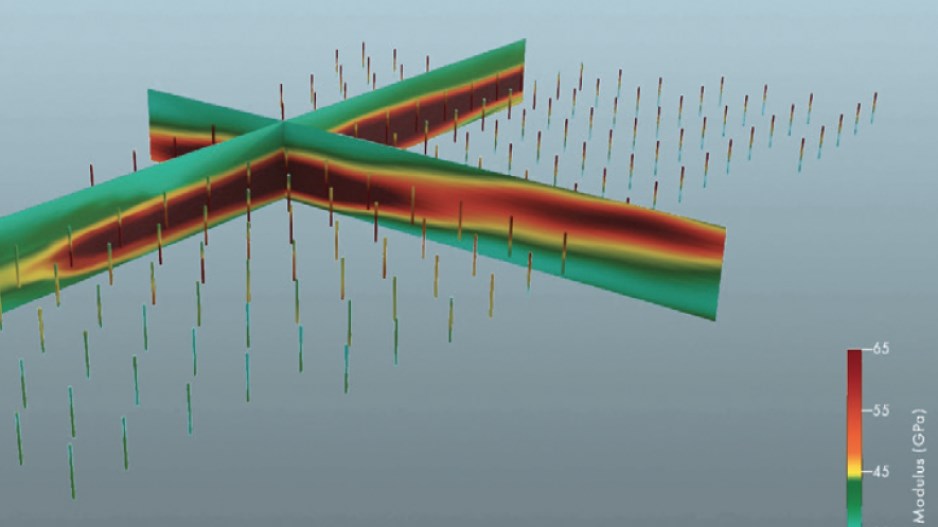Palo Alto- and Seattle-based mining technology firm DataCloud has added Vancouver to its growing number of offices outside of the United States.
Closeness to clients wasn’t the only draw for the firm, which uses Internet of Things (IoT) sensors and cloud computing technology to help miners better understand the rock they’re drilling into.
Company CEO Thor Kallestad says the University of British Columbia, local technology talent and Vancouver’s strong and growing tech ecosystem were factors in the company’s decision to set up shop north of the border.
“One of the things that we’ve run into is just the costs and competition in Silicon Valley,” explained Kallestad, who now has three software development staffers located in Vancouver. He sees the head count growing to seven soon.
“With clients being up in the location, we felt that it’s a real logical fit to wind up up there.”
Due to the information collected by his technology and the resulting non-disclosure agreements that get signed, Kallestad couldn’t reveal the names of his two Canadian clients.
But he did share that DataCloud currently contracts with a major mining company in B.C. and one in Montreal. The U.S. startup has another two clients in Australia, where it recently opened offices, and plans on doubling its client base in both countries this year.
“We got pretty lucky,” said Kallestad. “Five years ago a solution like this just wasn’t really possible.”
Kallestad, a former field engineer with Schlumberger Anadrill, says the availability of relatively inexpensive IoT sensors, coupled with the advent of cloud computing, has made it possible to collect highly accurate ore body insights in real time.
Before these technological developments, he said, companies relied on wireline or monitoring-while-drilling tools. The former provides accurate but costly and slow subsurface insights. The latter is less expensive but less precise.
“The typical response that we got from everybody was ‘Prove it,’” he said.
The three-year-old company’s sensor technology picks up vibrational drilling data that gets wirelessly transmitted and processed, then streamed to a cloud-based platform in real time. The analysis of vibrational signatures can visualize the boundaries of ore and waste under the surface.
Because it’s fast and precise, Kallestad said, DataCloud can help companies save money. His firm will take between one-tenth and one-fifth the value generated by their services annually, typically after a $30,000 one-to-two-week pilot.
Geology rather than operational size restricts DataCloud’s scope.
The technology is available for iron ore and metallurgical coal projects. B.C.-based Teck Coal Ltd. declined to speak with Business in Vancouver or confirm whether the company works with DataCloud. Teck is the world’s second-largest exporter of metallurgical coal.
Over the next year or two, Kallestad will seek to diversify DataCloud’s geographic footprint and geological analysis. The company has its sights on another office in Australia and on work in Chile and in Africa. It is also looking to offer similar services for base metals such as copper and nickel.
“We intentionally chose to start in Canada and Australia,” he said. “Vancouver’s got it all from a mining point of view.” •




